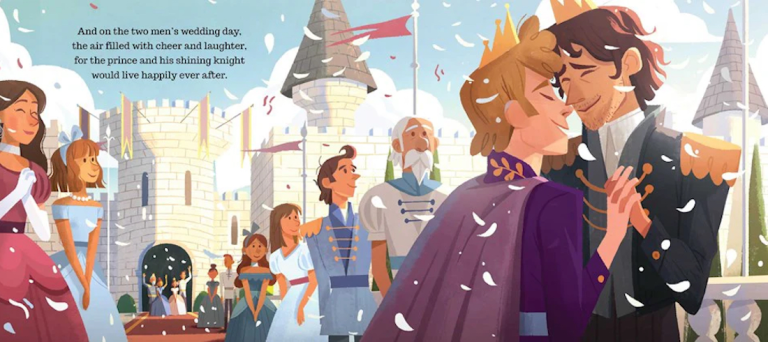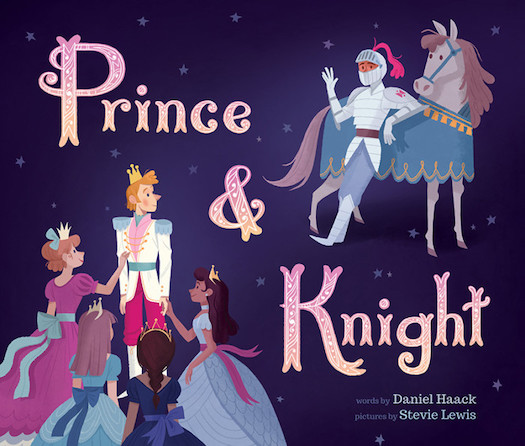
Washington, D.C. — A recent decision by the U.S. Supreme Court has ignited a firestorm of controversy, as critics decry the ruling as a blatant act of censorship targeting LGBTQ+ literature in public schools. The court’s decision to uphold a school district’s right to remove books based on content has been met with widespread condemnation from civil rights advocates, authors, and educators alike.
The case in question, Doe v. School District, centered on a challenge to a school board’s decision to pull several books with LGBTQ+ themes and characters from library shelves. The board argued that the books were “age-inappropriate” and did not align with community values. However, opponents of the ban contended that it was a thinly veiled attempt to silence LGBTQ+ voices and deny students access to diverse perspectives.
In a 6-3 decision, the Supreme Court sided with the school district, asserting that local school boards have broad discretion in determining what materials are suitable for their students. The majority opinion, penned by Justice Roberts, emphasized the importance of local control over education and the need to respect community standards.
However, dissenting justices warned that the ruling could open the door to widespread censorship and discrimination against marginalized groups. Justice Sotomayor, in a scathing dissent, argued that the decision “undermines the fundamental principles of academic freedom and intellectual inquiry.”
The ruling has sparked outrage among LGBTQ+ activists and their allies, who see it as a direct attack on their rights and visibility. Sarah Kate Ellis, president of GLAAD, called the decision “a devastating blow to LGBTQ+ equality” and vowed to continue fighting for inclusive education.

Authors whose books have been targeted by similar bans have also spoken out against the ruling.
Among them is Alison Bechdel, author of the acclaimed graphic memoir “Fun Home,” which has been frequently challenged in schools and libraries. Bechdel condemned the court’s decision as “a dangerous precedent that will harm countless students.”
Educators, too, have expressed concerns about the chilling effect the ruling could have on their ability to teach diverse and inclusive curricula. Many fear that they will now be forced to self-censor in order to avoid controversy or risk losing their jobs.
The Supreme Court’s decision comes at a time when book bans and challenges are on the rise across the country. According to the American Library Association, there were more than 1,200 challenges to library books in 2024, the highest number since the organization began tracking such data.
Critics argue that these challenges are often driven by organized campaigns from conservative groups seeking to impose their views on others. They point to the fact that many of the targeted books feature LGBTQ+ characters or deal with issues of race and identity.
The fight against censorship in schools is far from over. Advocates for intellectual freedom are mobilizing to challenge book bans at the local level and push for policies that protect students’ right to access diverse perspectives. They argue that it is more important than ever to ensure that all students have the opportunity to see themselves reflected in the books they read and to learn about the world around them.